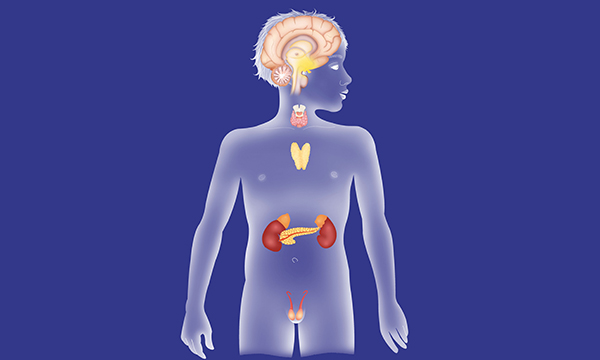Biological basis of child health 12: the endocrine system and common childhood endocrinopathies

Resource
Exclusive quality-assured learning resource
Online

Available to RCNi Plus subscribers
Applicable for any nurse with an RCNi subscription
This article, the 12th in a series on the biological basis of child health, focuses on the endocrine system. This system works alongside the nervous system to regulate the functioning of the human body using chemical mediators called hormones. It is composed of several glands secreting a wide range of hormones that act on target cells in organs and tissues. Various functions of the human body are controlled by the endocrine system, including growth, puberty, metabolism and bone health. This article explores the anatomy and pathophysiology of the endocrine system, the effects of hormonal excesses or deficiencies on the body, and the presentation and management of endocrinopathies commonly seen in children.
Who is this resource for?
This resource is aimed at nurses and nursing support workers across all settings and levels of practice, including students of health, social work and care professions.
